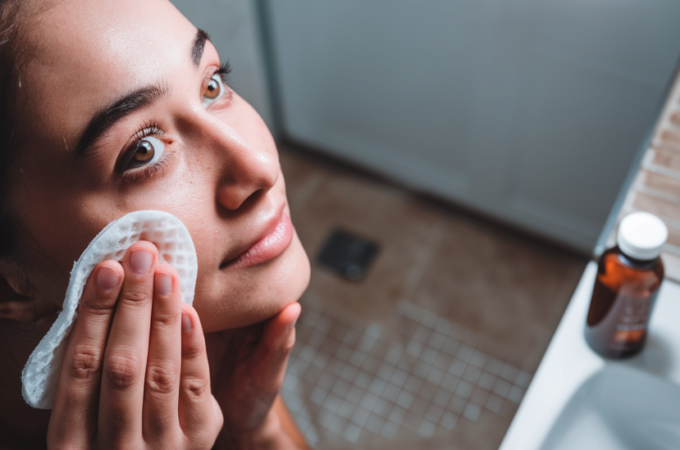
The Benefits of Using Sulfur Soap for Oily Skin
If your skin constantly feels greasy or you’re dealing with frequent breakouts, it’s worth looking into sulfur soap. You might think of sulfur as something outdated or harsh, but there’s a reason it keeps coming back because it works wonders for your skin.
Sulfur soap is known for helping people with oily or acne-prone skin. And while it’s not a magic fix, it can make a real difference if you use it the right way.
Here’s how that plays out in your daily skincare routine.
- Sulfur Soap Clears Pores by Removing Dead Skin Cells
Sulfur breaks down keratin, which is a protein that can build up and clog pores. When that buildup is gone, your skin feels smoother and looks more even. This process is called keratolysis, and it helps prevent blackheads and a rough texture.
If you’ve got bumps, flakes, or spots that keep returning, sulfur may help clear the path without using rough scrubs or strong acids.
- Sulfur Soap Reduces Oil Without Overdrying
Many products for oily skin are too harsh. They strip the skin and cause it to produce even more oil to make up for the loss. Sulfur is different. It absorbs oil without disrupting the skin barrier. That’s why it works well as a daily or near-daily cleanser, even if your skin is sensitive.
It won’t leave your face squeaky clean, and that’s a good thing. Clean doesn’t have to mean dry skin.
- Sulfur Soap Fights the Bacteria That Cause Acne
Sulfur creates by-products like hydrogen sulfide and sulfur dioxide that make it harder for bacteria and fungi to survive. Research shows that it can reduce common acne triggers like Cutibacterium acnes, Staphylococcus, and Malassezia.
This makes sulfur helpful for both oily skin and sensitive skin that breaks out easily.
- Sulfur Soap Calms Inflammation
Sulfur may also help if your skin gets red, irritated, or inflamed. It affects certain pathways in the body, like NF-κB and STAT3, that are linked to skin irritation and flare-ups.
If your oily skin is also reactive or prone to sensitivity, sulfur can bring some balance. Many people notice that blemishes heal faster and redness fades sooner when they use sulfur-based products regularly.
- The Right Sulfur Soaps Add Back What Oily Skin Still Needs
Good sulfur soaps also add moisture, too. Look for ones with skin-friendly ingredients like:
- Avocado oil – Rich in vitamins A, B, D, E, and potassium. It helps soften and nourish your skin.
- Olive oil – Acts as a natural barrier that locks in moisture. It also soothes and supports the skin’s repair process.
- Shea butter – Known for its vitamin content and ability to keep skin soft without making it greasy.
These oils help sulfur do its job without leaving your skin dry or tight afterwards.
How to Use Sulfur Soap Without Overdoing It
If you’ve never used sulfur soap before, go slow.
Step 1: Wet your face
Use lukewarm water. Hot water can strip the skin.
Step 2: Lather the soap in your hands
Apply the foam to your face and focus on oily areas like the T-zone.
Step 3: Let the foam sit for 10 to 15 seconds
This gives the sulfur time to act on bacteria and excess oil.
Step 4: Rinse well and pat dry
Avoid scrubbing. Follow with a simple moisturiser or serum. Start by using it 3 to 4 times a week. You can start using it daily if your skin handles it well.
If you have back or chest acne, you can use the same soap as a body wash on those areas.
Wrapping Up
Sulfur soap isn’t trendy, but it works. It helps oily skin stay balanced, clears out gunk from your pores, fights acne-causing bacteria, and calms flare-ups, all without being too harsh.
And when it’s made with nourishing ingredients like olive oil, avocado oil, and shea butter, it supports your skin chemistry.
If your current cleanser isn’t doing much or is making things worse, sulfur soap is worth a try.




